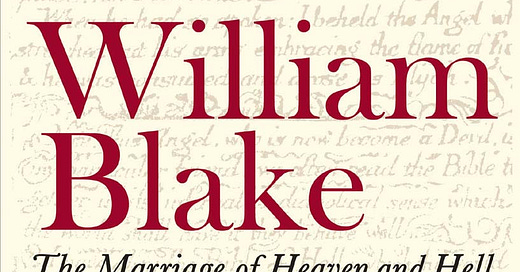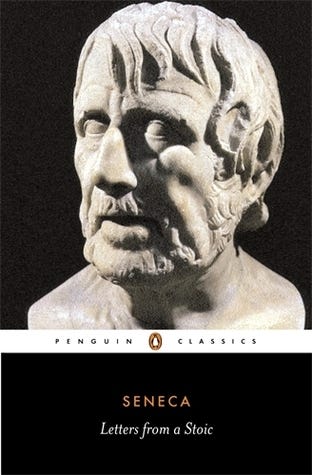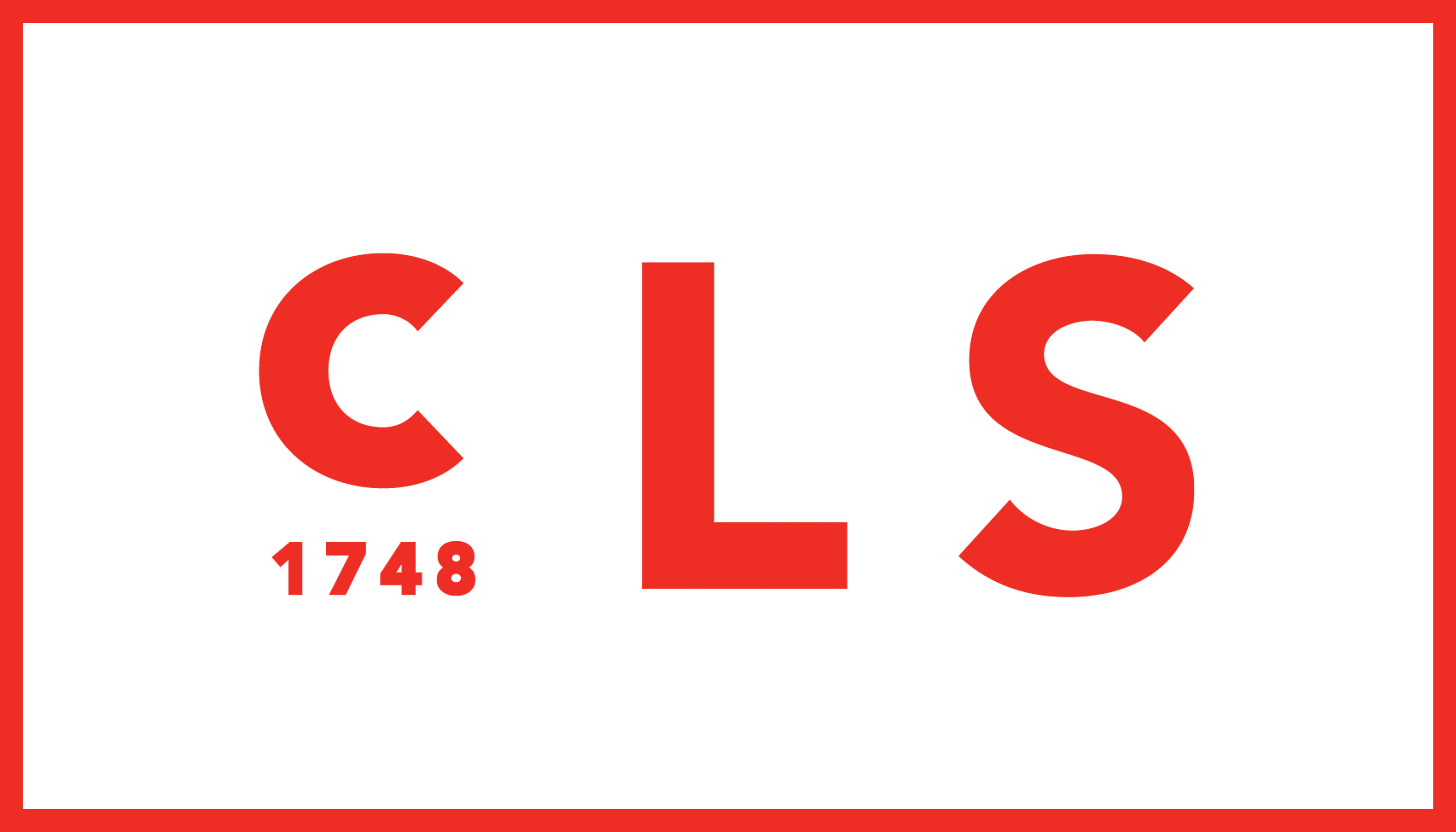Grief, I have come to understand this summer and fall, does indeed affect motivation and productivity. So does geographic dislocation two thousand miles across the country from San Francisco to Nashville, especially when the files and books I consult when writing are in disparate boxes in more than one location.
All the while, in a purposeful respite after several years of intense work on articles and books, I have been indulging in travel to see friends.
“The bird has a nest, the spider a web, and man friendship,” William Blake wrote in his 1790s collection of prose and poems Marriage of Heaven and Hell.
More than once I have quoted this line from Blake in a toast to a friend. It’s a deep truth lodged in my mind and marrow.
Roman philosopher Seneca perhaps said it even better in the 1st century AD. In one series of letters compiled under the name Letters to a Stoic, he underscored two springs of health and well-being. One is philosophical self-contemplation, and the other friendship.
During hard times, philosophy was always Seneca’s first consolation and, after this, the “intimate bond” of friendship.
“There is nothing, my good Lucilius,” Seneca wrote to a young friend, “quite like the devotion of one’s friends for supporting one in illness and restoring one to health.”
There is also romantic friendship. In the collection of letters, Seneca does not address this aspect of life, but he did later marry a woman named Pompeia Paulina.
I, of course, am not the only one grieving. One friend was recently diagnosed with lung cancer. Another is under treatment for pancreatic cancer. And, collectively, we are all suffering the heartbreak of two wars (Ukraine and Israel/Gaza) as well as the loss of a sense of security in our own democracy.
It goes without saying that my personal grief over divorce and relocation pales in comparison to the tragedies and excruciating losses being experienced by those directly affected by the wars in Ukraine and Israel/Gaza. They need the comfort of friends, family, and God herself.
To cope with my own minor hardships and willies about the United States’ political future, I keep pressing forward in two trusted realms: meaningful relationships and meaningful work. These are the twin balmy winds that fill my sails.
On the work front, my hiatus is winding down.
Nick Zeppos and I are finalizing the syllabus for our spring course at Vanderbilt entitled “How American Democracy Thrives…or Dies.”
The topic of the first class is “What is Democracy?“ By coincidence, one week after Nick and I chose this title for the class, the host of the Dissenter Podcast asked me precisely the same question: What is democracy?
I believe, in fact, that we Americans do not sufficiently understand what democracy is, and this deficit of understanding is one reason we are suffering the ravages of demagogues, demagoguery, and creeping authoritarianism. Therefore, here on American Commonwealth, I will explore this crucial question—what is democracy?—in more than one essay.
Starting this upcoming week, I am also beginning a six-part essay series for the John Adams Institute in Amsterdam that will run in November and December. These essays will summarize the main findings of my book Disunion Among Ourselves.
If you want to read a free cliff notes version of the book, stay tuned, because I will be sharing those essays here as well.
Finally, on Tuesday, October 24, I’ll be giving a book talk on Disunion Among Ourselves at the Charleston Library Society. In case you find yourself in Charleston, drop by. If you know Charlestonians who might be interested, let them know.
As always, thanks for reading.







